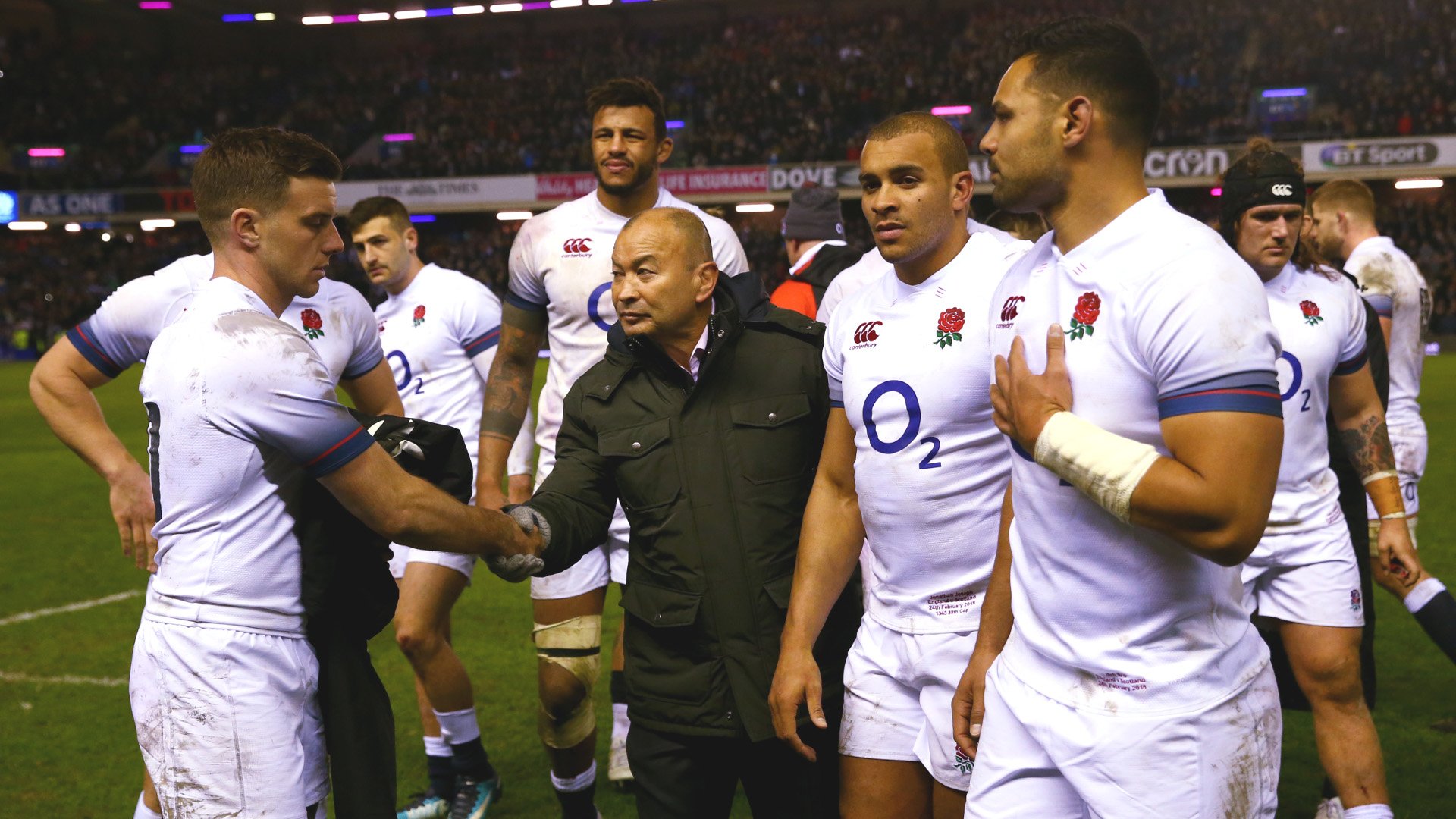England short of game-winners, heavy on game-managers

The next two weeks in the England rugby camp are going to be fascinating.
After having enjoyed two and a half seasons of almost complete success under Eddie Jones, England’s 25-13 loss at the hands of Scotland sends them crashing into unexplored territory.
Their only other loss during Jones’ tenure came against Ireland last season, but being at the end of the tournament, it allowed very little time for introspection among the players and alterations from the coaching staff. The players left the international camp and went back to their clubs, refocused on the Aviva Premiership and prepared for a summer with the British and Irish Lions.
Now, England get a bye week and contests with France and Ireland, with their destiny almost out of their own hands, to adjust, backlash or perhaps even crumble. We have no track record for knowing how England and Jones will respond in this situation.
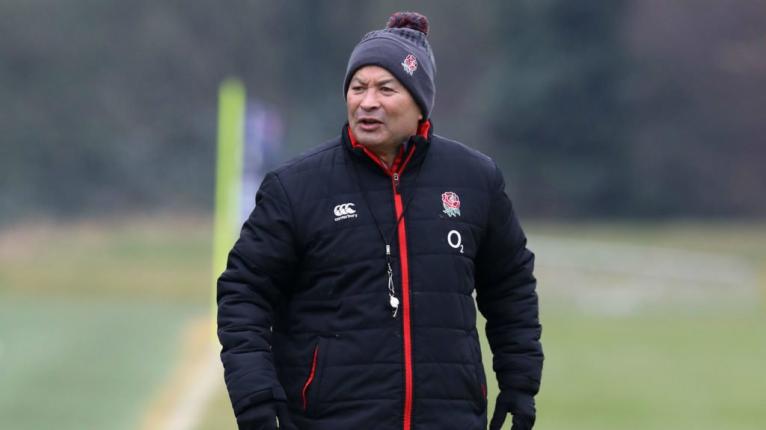
It’s genuinely fascinating.
What the game in Edinburgh did show, though, is that England are still a way off consistently competing with the All Blacks as the number one side in the world.
Firstly, a boatload of credit needs to be given to Scotland and Gregor Townsend for their performance in Edinburgh.
Finn Russell shook off all the criticism aimed at him in recent weeks with an almost immaculate performance, directing his side around the Murrayfield pitch with all the effortless quality that his coach showed two decades earlier, and this let him unleash the weapons-grade talent that is Huw Jones, who shredded England’s vaunted defence with ease.
In the pack, John Barclay was imperious. He reigned at the breakdown and there was no Englishman who came close to challenging his throne. He was ably assisted by Grant Gilchrist, Stuart McInally and Hamish Watson, but he was a class apart on Saturday.
Putting everything that Scotland did well to the side for the moment, the worry for England will be that they had no answer for it. There was no plan B and there was no player-led backlash on the pitch, but it also begs the question that even if there had been, was that an England team built to be able to come back from the 16-point hole they dug for themselves?
In short, it wasn’t.
What it was, was a team with a surplus of game-managers, and a deficit of game-winners.
With Billy Vunipola injured and Nathan Hughes making just his first start of the tournament – and clearly short of match fitness – England’s pack looked laborious. It’s not a new criticism, either, having shown plenty of signs of it against Italy and Wales, but in both of those games England were able to build a lead and manage it.
Scotland deprived England of that soft underbelly to target early in the game and instead turned the tables, playing with a tempo and dynamism England couldn’t match. The Chris Robshaws and Joe Launchburys of this world are exactly the kinds of player you want in your side when you’re defending a three, six or nine-point lead, but when you need to score more than two converted tries to get back into the game, the brutal reality is that their value becomes limited.
They are not the only ones, either, and even the usually dynamic Mako Vunipola was quiet. Maro Itoje sparkled on a couple of early carries before getting caught up in the doomed battle with Scotland’s fetchers and Courtney Lawes, who impressed in other areas, struggled to make an attacking impact on the game.
One of the major problems for England was that there were not alternatives on the bench that could shake the game up and give the visitors any kind of impetus.
George Kruis excels with his defence and set-piece work, Jamie George has been quiet off the bench so far in the tournament and Sam Underhill is going to give you something at the breakdown but again, he is another player more known for his defence, rather than his attacking ability.
It’s a similar story with Richard Wigglesworth and you sense Jones knows this, which is why he didn’t send for Kruis and Wigglesworth until there was less than 10 minutes left to play. No Kyle Sinckler, too, impacts the game-changing ability of the replacement props.
England have had a lot of success under Jones and with many of his trusted lieutenants at the forefront, but teams are beginning to work England out.
Or, to be more accurate, teams are working an England shorn of Billy Vunipola out.
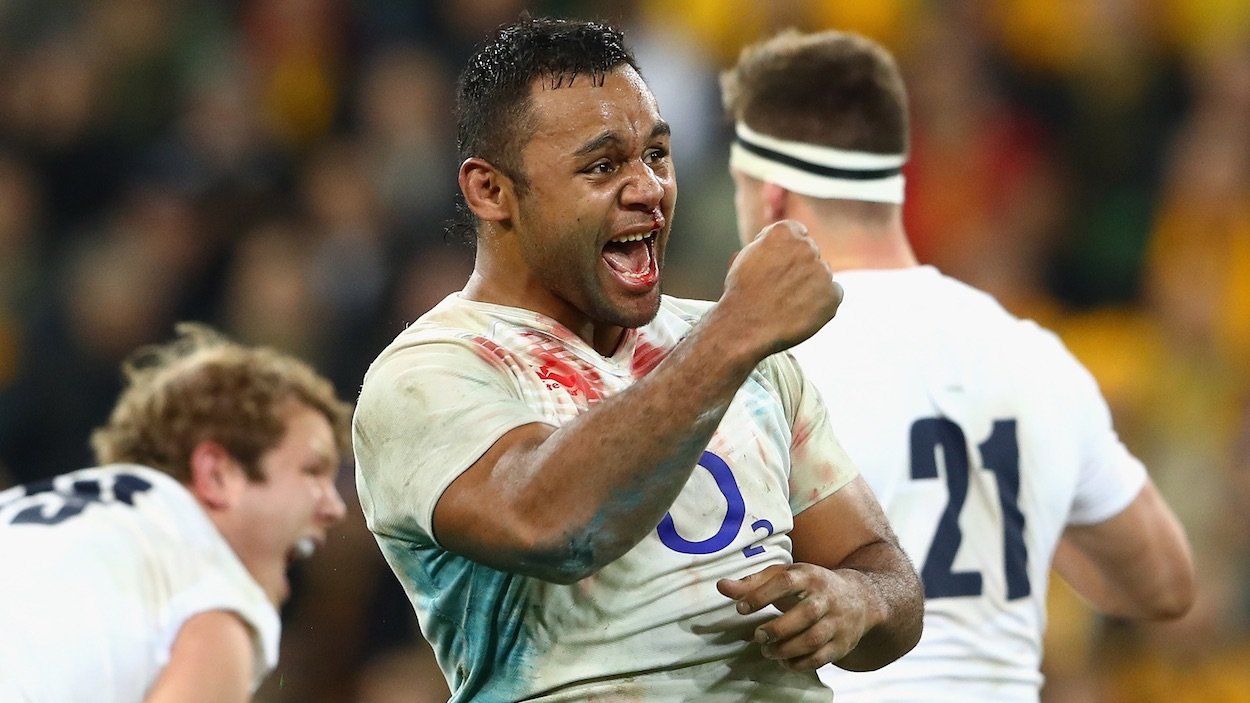
England probably are the second – reads as third in Ireland – best team in the world, so even when teams have plans to stop them, they will still win their fair share of games, but are they good enough to build a team – and a bench – around “seeing games out”, rather than having dynamic options which can try and win them a game they are struggling in?
Jones has taken flak for sticking with Ben Youngs and Danny Care as his preferred pairing at scrum-half and not exploring other options. Whilst they have proven to be a very effective combination, you are seeing the struggles that people worried England would have when they lost one of them. Care hasn’t been able to manage the game in the way Youngs has and it’s not Wigglesworth’s game to bring the kind of impact off the bench that Care usually does.
It’s a dynamic which is struggling.
Is Underhill the kind of replacement that can swing a game? Do England need another lock in the form of Kruis on the bench when they have three players who can play the position in the XV?
England need more game-winners in their 23, particularly when Vunipola is unavailable. Players, like Sam Simmonds, who can take a game by the scruff of the neck and force themselves upon on it, rather than players who counter opposition strengths.
Jones has been pro-active in bringing younger players into the England squad in apprentice roles and it could be time to turn to them and let them inject some youthful exuberance and impetus into a side which looks to be flagging.
How did Zach Mercer spend his weekend? He gouged the Sale defence for two tries, one of which was a game-winning score in the final minute, and tormented would-be tacklers with his dynamic carrying, shifting of contact and hunger for involvement. A match at the Rec against Sale might not compare to 60-odd thousand at Murrayfield, but he has the ability to win games or, at the least, swing momentum in games when his side are struggling.
With second row coverage coming from Lawes at six, there is a space for two back-rowers on the England bench and there is no reason why one of them can’t be Mercer, especially with Hughes not fully match-fit just yet.
Or, if you’re set on carrying a fourth lock, why not Nick Isiekwe?
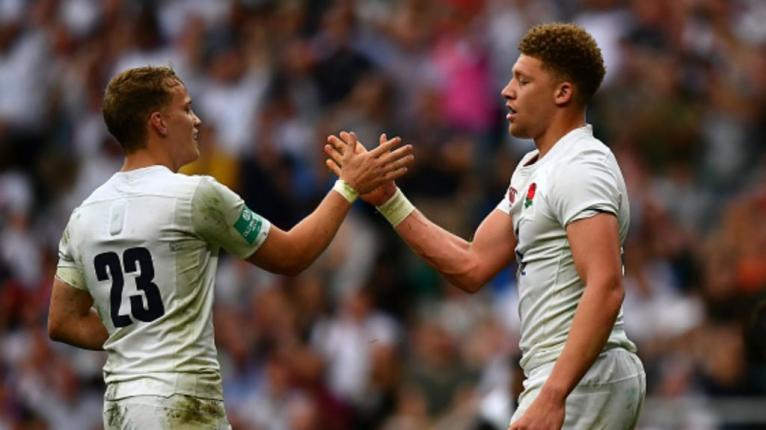
The young Saracen is tied for the second-most lineout steals in the Premiership this season, has won more lineouts than any of England’s second-rows and in the recent training camp in Portugal, put down faster GPS times than any of England’s other second or back-row players. Combine that with his soft hands in the offload game and confidence to speed up into contact and still free his arms, and he would seem a better option off the bench to change a game.
Don’t forget, he’s well-schooled in that Saracens system, too, so he’s no defensive slouch at helping see out a game, either.
We’re down the rabbit-hole now, right?
Start Marcus Smith.
This may seem an overreaction to a down game from Ford, who has been very consistent for England over the last 12 months, but Smith has been excelling on that path trod by Itoje a couple of years ago, adapting seamlessly to each step up in level of play that comes his way. He can mix it at this level.
If there’s a knock on Smith at this stage of his career, it’s his defence, but when England are trying to see a game out, Ford gets the shepherd’s crook from Jones anyway, with Farrell moving into 10 and Ben Te’o coming in at 12. There’s no reason you couldn’t do that with Smith.
His ability to create something from nothing is special. It’s raw and unpolished at times, but still special. A double-dummy, a switch, a cheeky little chip and chase. Smith backs himself to pull these moments off and even in a Quins side which has struggled this season, he tends to be successful doing just that.
Ford’s radar with the boot was off at Murrayfield and he struggled to find space or touch, often putting the ball down the throat of the Scottish counter-attacker or kicker, giving England’s usually very effective chasers too much to do and taking them out of the game.
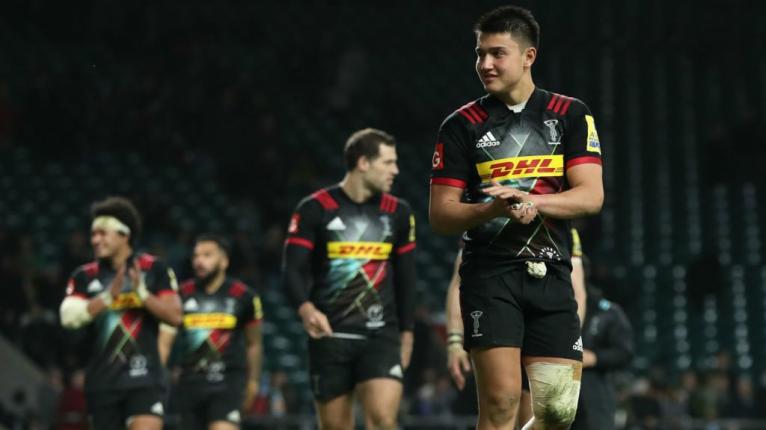
How about a baptism of fire for Smith at the Stade de France in a game under the lights and 70,000 or so Frenchmen baying for his blood?
For my money? He’d deliver.
There are other alternatives, too.
England are plagued at the breakdown by ill-discipline and an inability to compete, so why not send for Ben Curry? Tom might be injured, but his twin brother is in good form for Sale and of the pair, is actually the more adept breakdown operator.
Or try to avoid breakdowns all together? Joe Cokanasiga brings the power to smash through contacts. Jack Nowell offers plenty of versatility off the bench, but he had no answer for the swarming Scottish defence today, isolating himself and between the touchline and two or three Scottish defenders, there was only so much his footwork could do.
Jones won’t make major changes, it’s just not his style.
He has players he trusts, players who have very rarely let him down and he will give them an opportunity to put things right in two weeks in Paris. Based on the last two years, both he and they more than deserve that opportunity.
England need something, though.
Their opening three fixtures of this year’s championship scream of a team running on fumes. A team relying on a try-saving tackle, a moment of magic from Farrell or a beneficial refereeing decision.
Mercer, Isiekwe, Smith, Curry, Cokanasiga. They can all give England…something.
England haven’t become a bad team. They just need something fresh to fire them up.







































